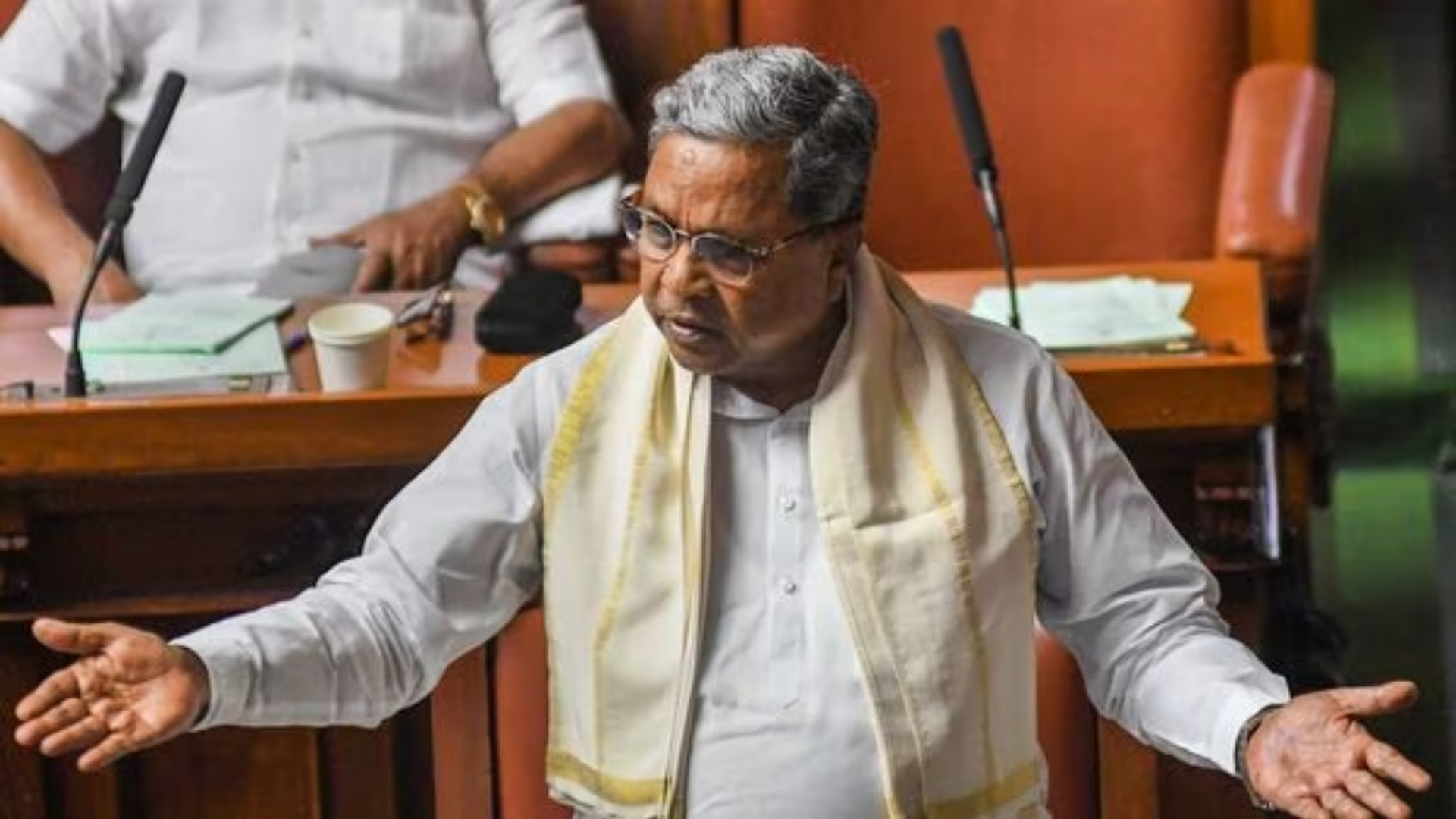Siddaramaiah, the Chief Minister of Karnataka, has recently presented his 15th Budget as Finance Minister, marking a significant milestone in his political career. The second Karnataka Budget under the current Congress administration underscores the government’s commitment to fostering a unique approach to development termed the ‘Karnataka Model of Development.’ Central to this model are the principles of justice, equality, and fraternity, as enshrined in the Constitution. Siddaramaiah highlighted these values in his address to the Karnataka Assembly, signaling a clear direction for the state’s developmental agenda.
Top 3 Key Takeaways Of Karnataka Budget:
Agriculture:
Siddaramaiah’s recent budget presentation in Karnataka included several notable announcements aimed at bolstering the agricultural sector and enhancing food processing infrastructure. Here are the key points:
- Implementation of the ‘Karnataka Raitha Samruddhi Yojana’: This scheme is designed to promote integrated farming practices by bringing together various pro-farmer initiatives. By consolidating these efforts, the government aims to provide comprehensive support to farmers and improve their livelihoods.
- Formation of the Agriculture Development Authority: To ensure effective implementation of agricultural policies and initiatives across different departments, Siddaramaiah announced the establishment of this authority. This move is intended to streamline efforts related to agriculture and allied activities, enhancing coordination and efficiency in the sector.
- Establishment of food parks at strategic locations: The government plans to set up food parks at airports in Sogane (Shivamogga district), Ittangihala (Vijayapura district), and Pujenahalli (Bengaluru Rural district). These food parks will serve as crucial infrastructure for food processing and distribution, facilitating economic growth and employment opportunities in the respective regions.
Health:
In the realm of healthcare, Siddaramaiah’s budget announcement for Karnataka includes significant allocations and initiatives:
- Critical Care Block Construction: A sum of Rs 187 crore has been allocated for the construction of critical care block buildings in seven districts. This investment aims to enhance healthcare infrastructure, particularly in areas where critical care services are needed.
- Blood Storage Units: The plan involves establishing 50 new blood storage units in North Karnataka within the next two years. This initiative seeks to improve access to safe and adequate blood supplies, thereby strengthening healthcare delivery in the region.
Medical Education:
- Robotic Surgery Facility: An allocation of Rs 20 crore has been made for the establishment of a robotic surgery facility at the Institute of Nephro-Urology in Bengaluru. This investment reflects a commitment to advancing medical technology and improving healthcare outcomes.
- Health Repository: A health repository will be created under the Digital Health Society, aiming to centralize treatment details and make them accessible from a single source. This initiative aligns with efforts to digitize healthcare information for better patient care and management.
Woman and Child Development:
- Gruhalakshmi Guarantee Scheme: An allocation of Rs 28,608 crore has been made for the Gruhalakshmi Guarantee Scheme. This scheme likely encompasses various initiatives aimed at empowering women and ensuring their well-being.
- Smartphones for Anganwadi Workers: A budget of Rs 90 crore will be utilized to provide 75,938 smartphones to Anganwadi workers and supervisors. This initiative aims to enhance communication and administrative efficiency within the Anganwadi system.
- Anganwadi Construction: An allocation of Rs 200 crore has been earmarked for the construction of 1,000 new Anganwadi centers. This investment aims to expand the reach of essential services for women and children in Karnataka.
- Pension Enhancement: Under the Maithri scheme, the pension for linguistic minorities will be increased from Rs 800 to Rs 1,200, reflecting the government’s commitment to social welfare and inclusivity.
Education:






















